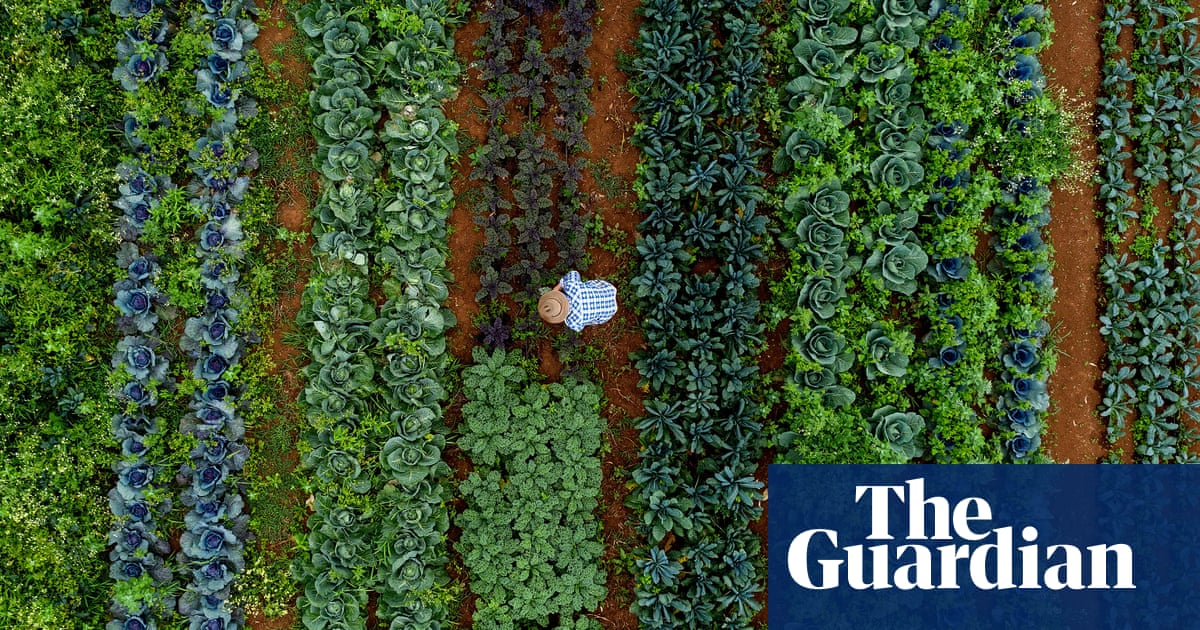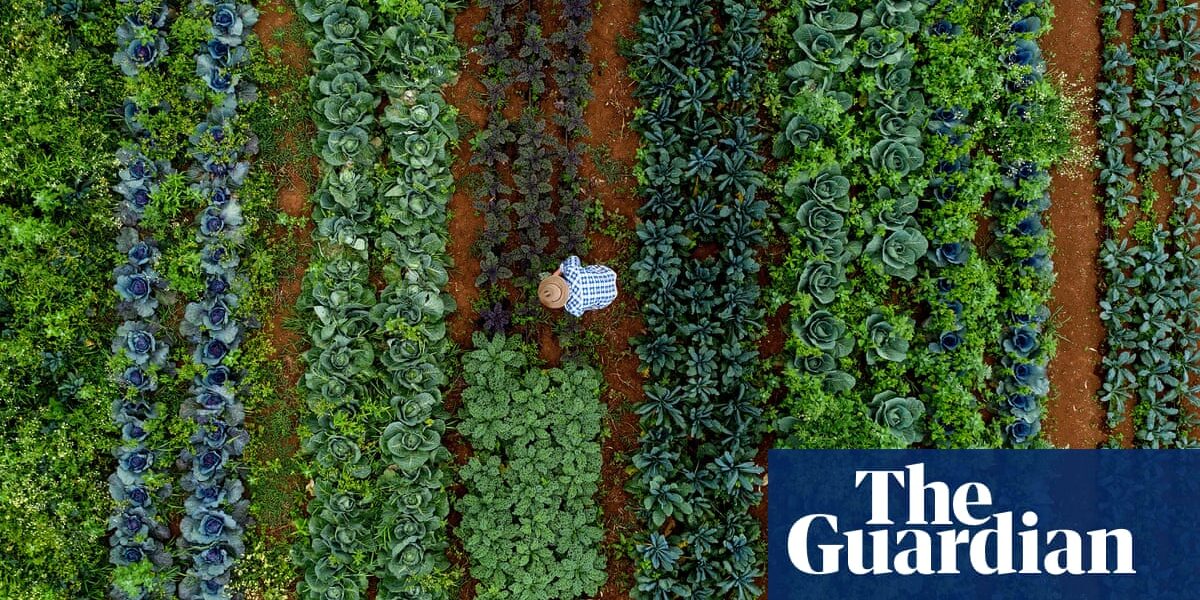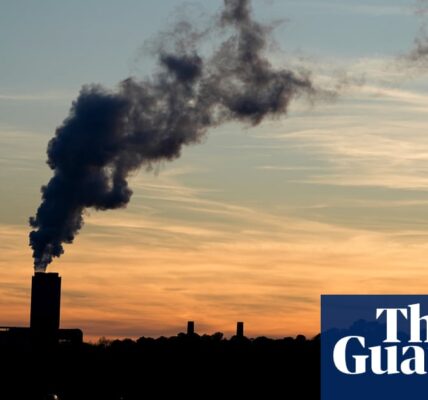A study has found that transitioning to sustainable food systems could result in annual benefits of $10 trillion.

Restructuring the worldwide food system to be more environmentally friendly could potentially yield annual benefits of up to $10 trillion, promote better human health, and alleviate the effects of the climate crisis. This conclusion comes from a thorough economic analysis, which is the most extensive of its kind.
The study revealed that current food systems have a negative impact on the environment and public health, ultimately sacrificing future benefits for immediate profits.
Food systems drive a third of global greenhouse gas emissions, putting the world on course for 2.7C of warming by the end of the century. This creates a vicious cycle, as higher temperatures bring more extreme weather and greater damage to harvests.
The lack of access to food also has a negative impact on healthcare systems. According to the study, if current practices continue, 640 million individuals will be underweight and obesity rates will rise by 70% by the year 2050.
The team of authors behind the study, which aspires to be the food equivalent of the 2006 Stern review on the costs of climate change, stated that redirecting the food system would pose political difficulties but result in significant economic and welfare advantages.
According to Johan Rockström, a researcher at the Potsdam Institute for Climate Impact Research and one of the contributors to the study, the future of humanity on Earth rests in the hands of the global food system.
The research suggests a change in the allocation of subsidies and tax benefits, shifting away from harmful large-scale monocultures that depend on chemical fertilizers, pesticides, and deforestation. Instead, financial rewards should be focused on small-scale farmers who have the potential to convert their farms into carbon sinks, creating more habitat for wildlife.
Investing in technologies to improve efficiency and reduce emissions is important, as is making dietary changes.
According to the report, reducing food insecurity would potentially lead to the elimination of undernutrition by 2050. This could result in 174 million fewer premature deaths and allow 400 million farm workers to earn a livable income. The suggested shift could also contribute to controlling global warming to a 1.5C increase from pre-industrial levels and decrease nitrogen run-offs from agriculture by 50%.
On the whole, they project that the expenses of the change will range from 0.2% to 0.4% of the world’s gross domestic product annually.
During their initial investigations, Rockström and his team discovered that food production had the greatest impact on breaching planetary boundaries. In addition to its effects on the climate, it also serves as a primary catalyst for changes in land usage and loss of biodiversity, and accounts for 70% of freshwater depletion.
The Food System Economics Commission, consisting of the Potsdam Institute, the Food and Land Use Coalition, and EAT, a holistic food-system coalition of the Stockholm Resilience Centre, the Wellcome Trust, and the Strawberry Foundation, has published the report. The academic partners involved are the University of Oxford and the London School of Economics.
The total expenses of food, which encompass climate change, human well-being, diet, and resources, were approximated at $15 trillion. A novel approach was devised to forecast the potential growth of these covert costs, based on mankind’s capacity for change. These computations aligned with a previous report from the United Nations Food and Agriculture Organization, which estimated that undocumented agrifood expenses surpassed $10 trillion worldwide in 2020.
According to Dr. Steven Lord from the Environmental Change Institute at the University of Oxford, a recent analysis has estimated the potential economic benefits of transforming food systems on both a regional and global scale. Despite the difficulty, this transformation is achievable and the long-term costs of inaction present a significant economic threat.
Many other investigations have proven the positive impacts on health and climate that come from transitioning to a diet based on plants. According to a recent report from the Climate Observatory, Brazil’s beef production, which is linked to deforestation, has a larger carbon footprint than all of Japan’s emissions from cars, factories, air conditioners, electric devices, and other sources.
The recent research does not dictate a specific stance on vegetarianism, but according to Rockström, the desire for beef and other types of meat would decrease if the hidden expenses related to health and the environment were factored into the cost.
Nicholas Stern, the chair of the Grantham Research Institute on Climate Change and the Environment at the London School of Economics, welcomed the study: “The economics of today’s food system are, sadly, broken beyond repair. Its so-called ‘hidden costs’ are harming our health and degrading our planet, while also worsening global inequalities. Changing the ways we produce and consume food will be critical to tackling climate change, protecting biodiversity, and building a better future. It is time for radical change.”
The primary obstacle of the suggested food transformation is the potential increase in food expenses. According to Rockström, this issue must be addressed with skillful political maneuvering and aid for disadvantaged groups to avoid potential protests, like the gilets jaunes protests in France sparked by rising petrol prices.
Christiana Figueres, the ex-head of the UN Framework Convention on Climate Change, highlighted the future-oriented aspect of the report: “This study demonstrates that a new reality is achievable, and outlines the necessary steps to transform the food system into a carbon sink by 2040. This potential should draw the interest of any decision-maker who seeks to ensure a better future for both the planet and its inhabitants.”
Source: theguardian.com




